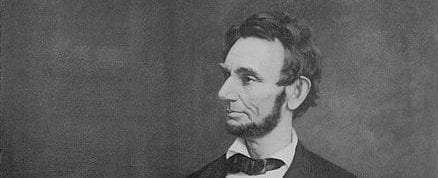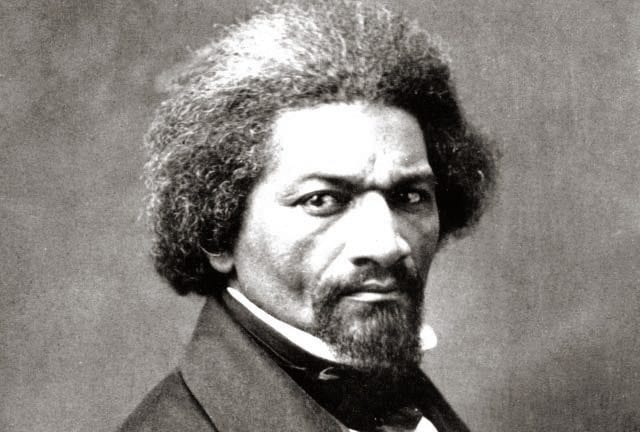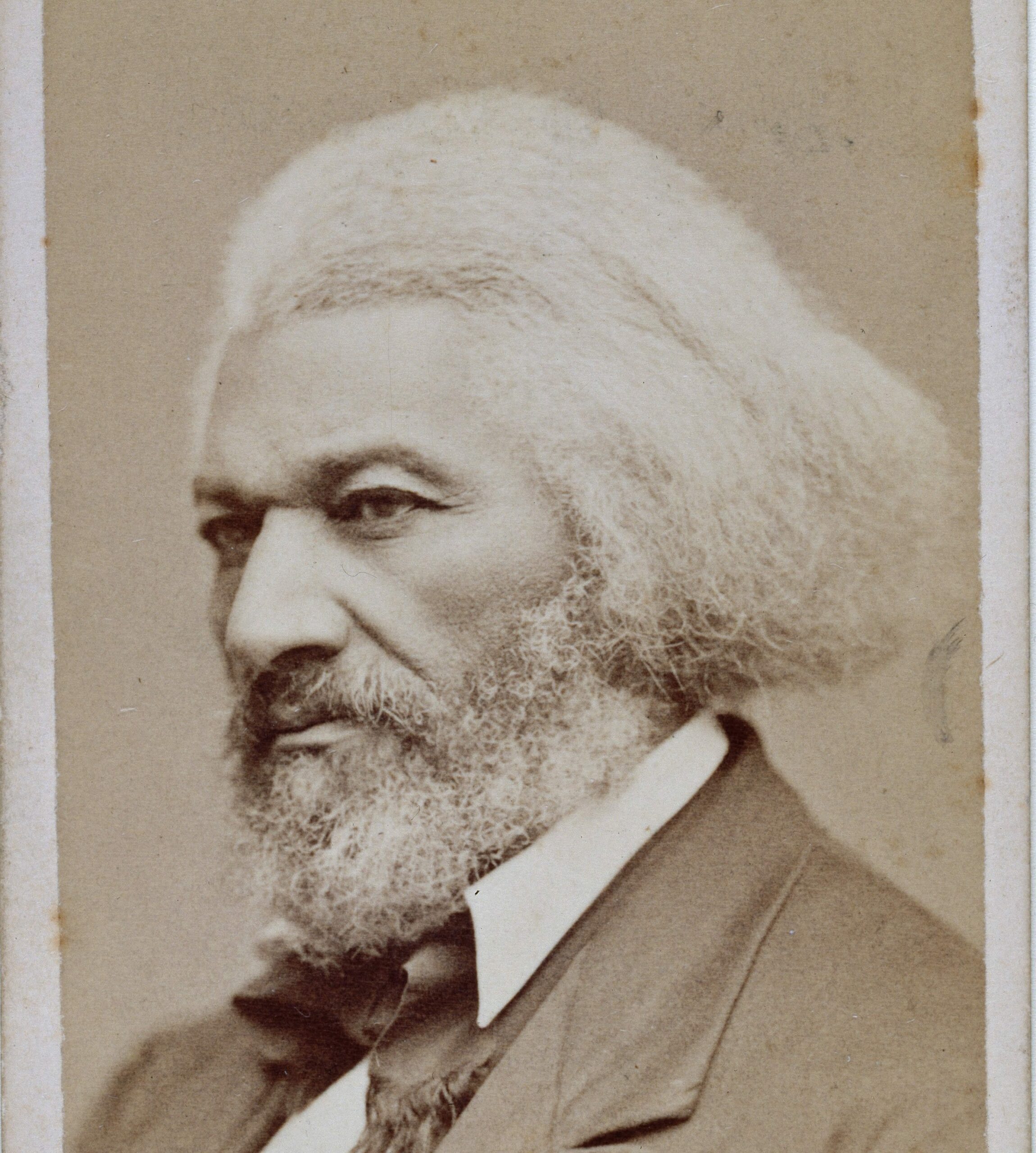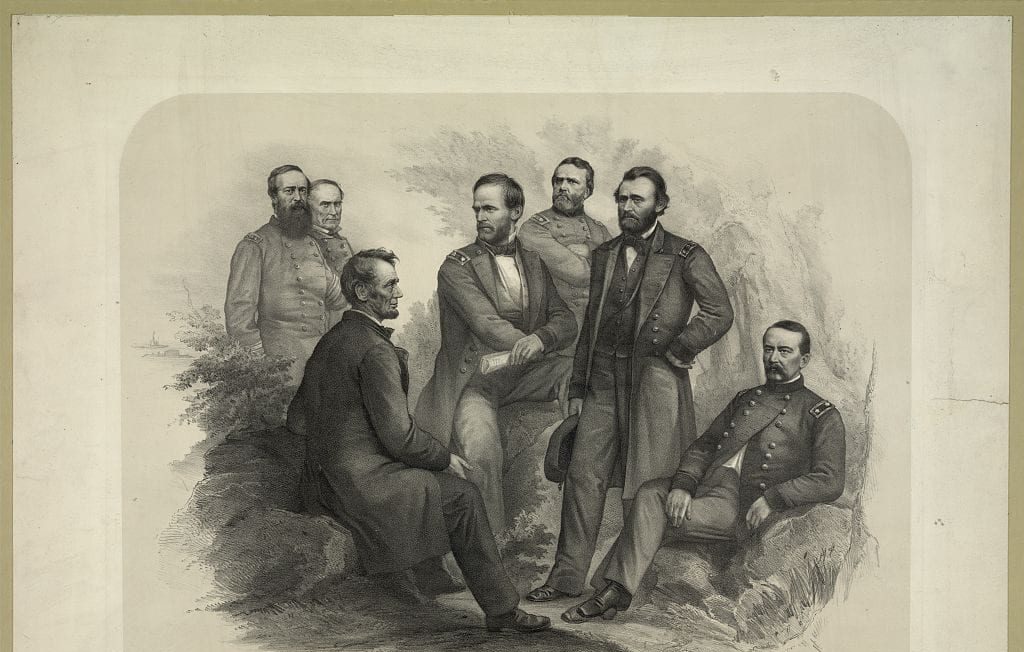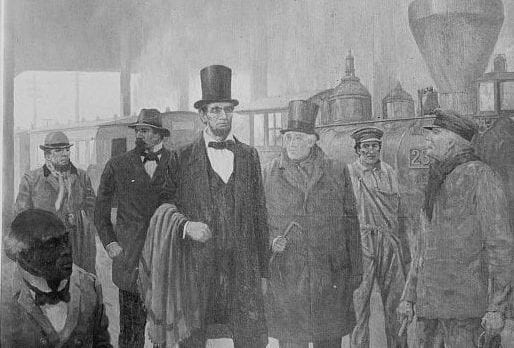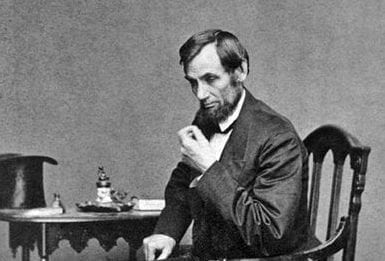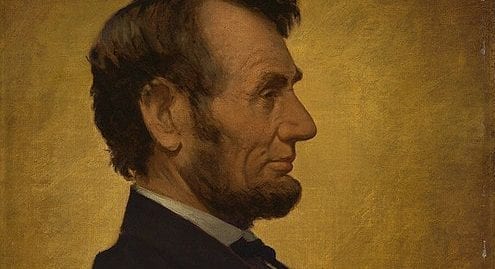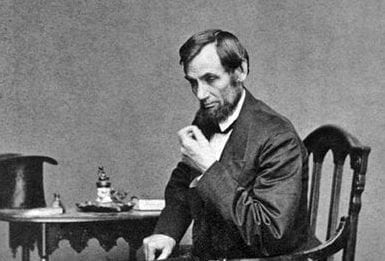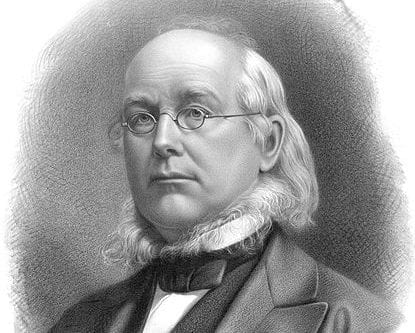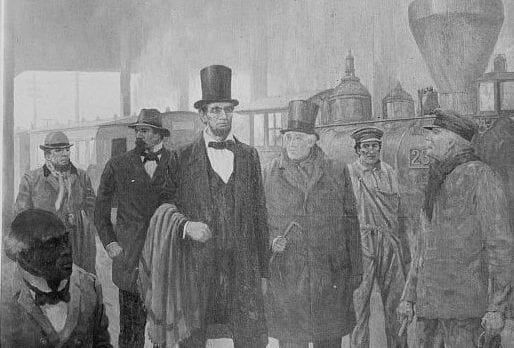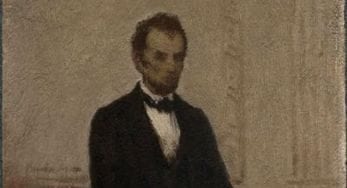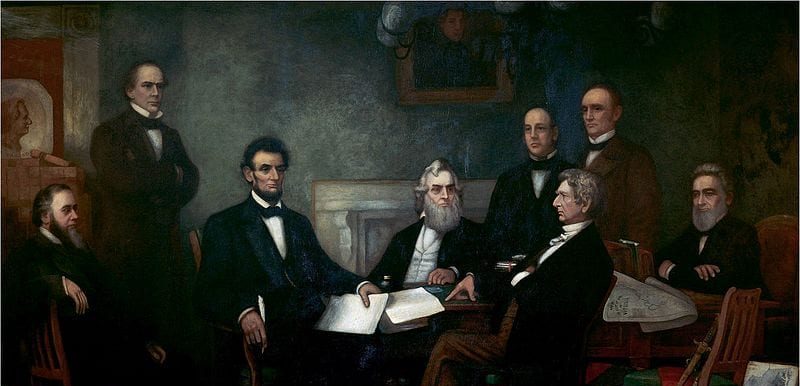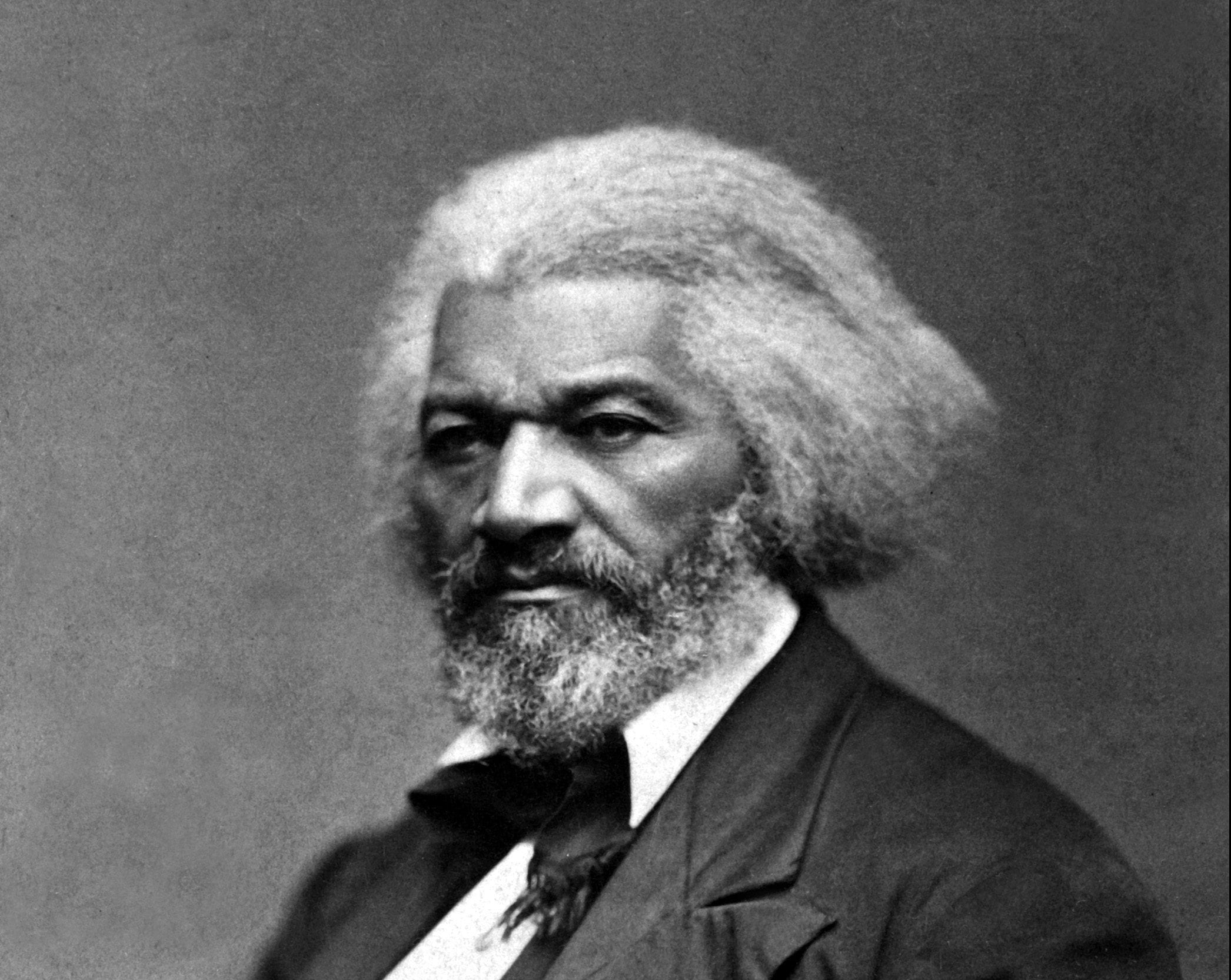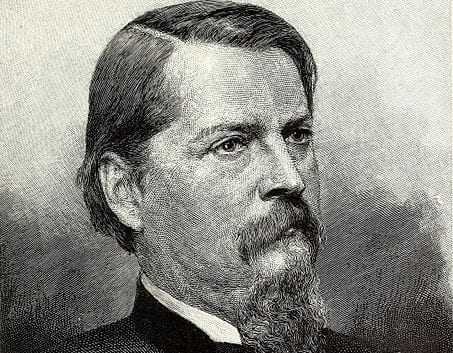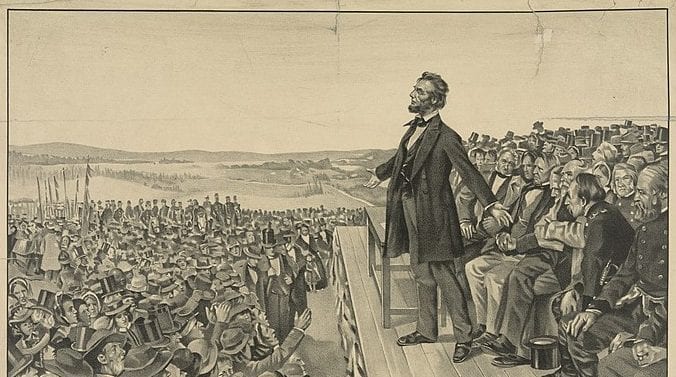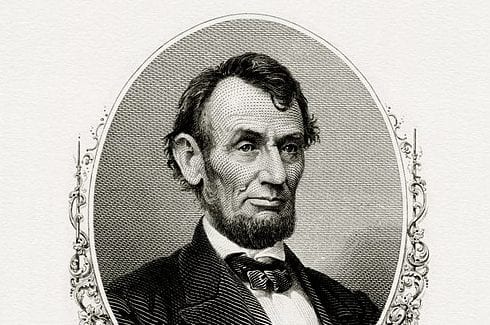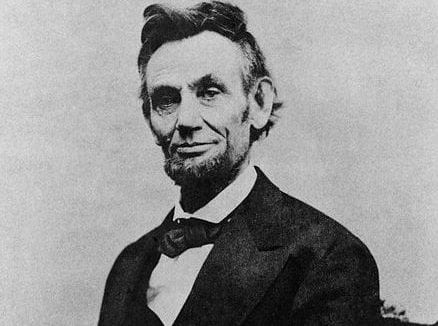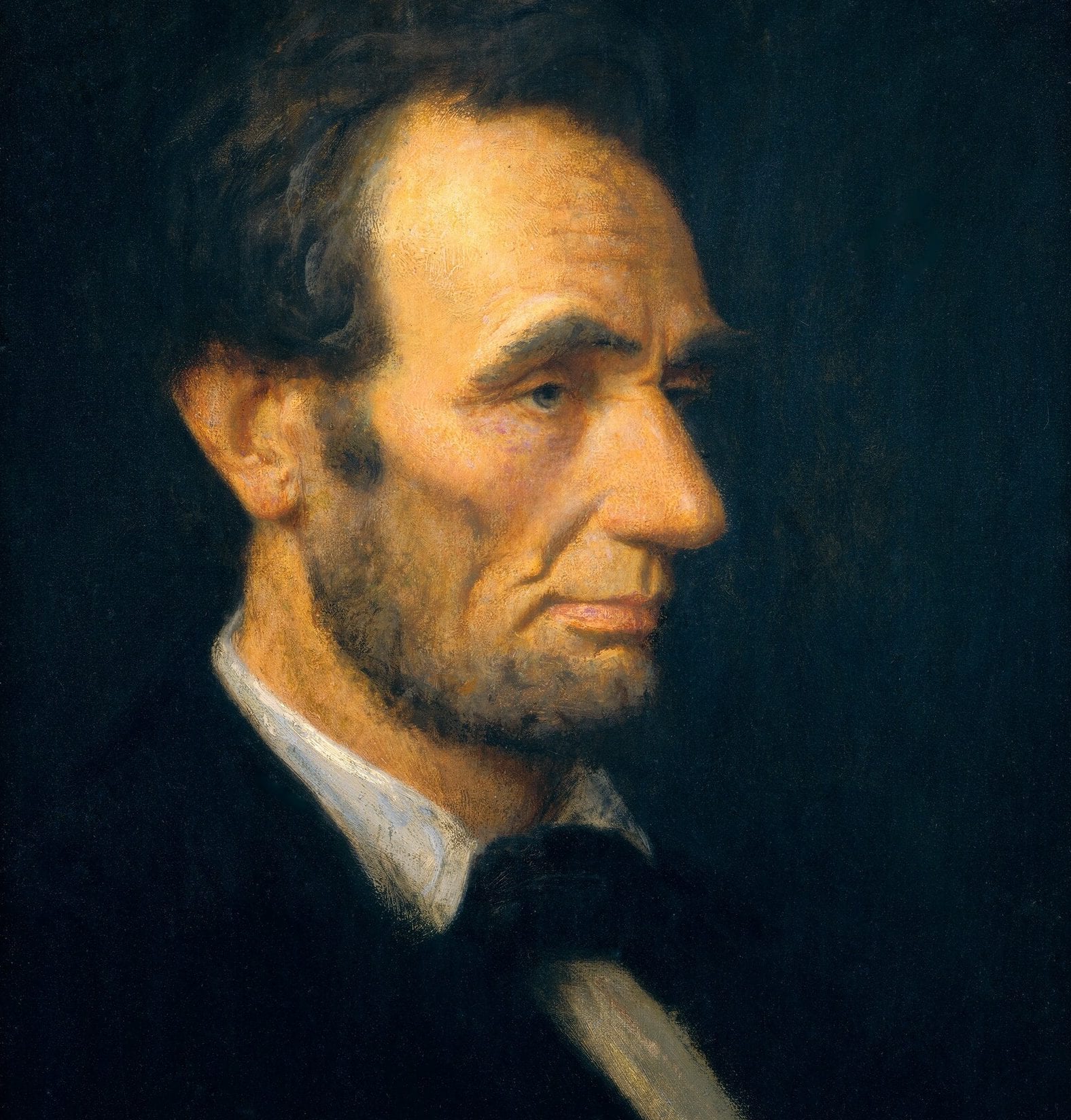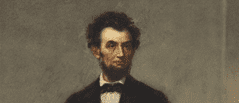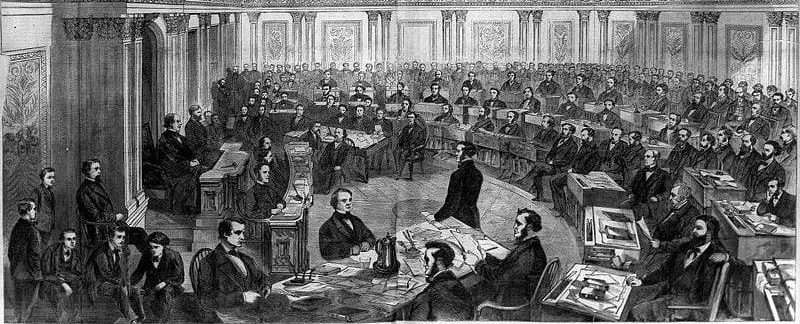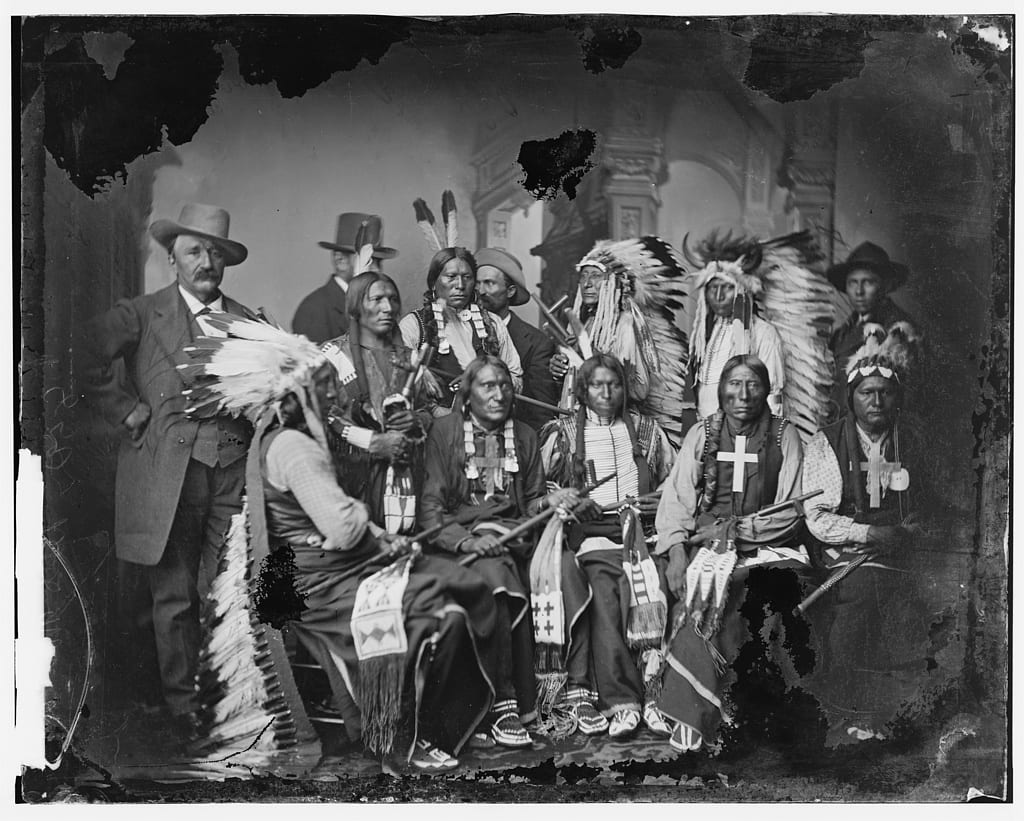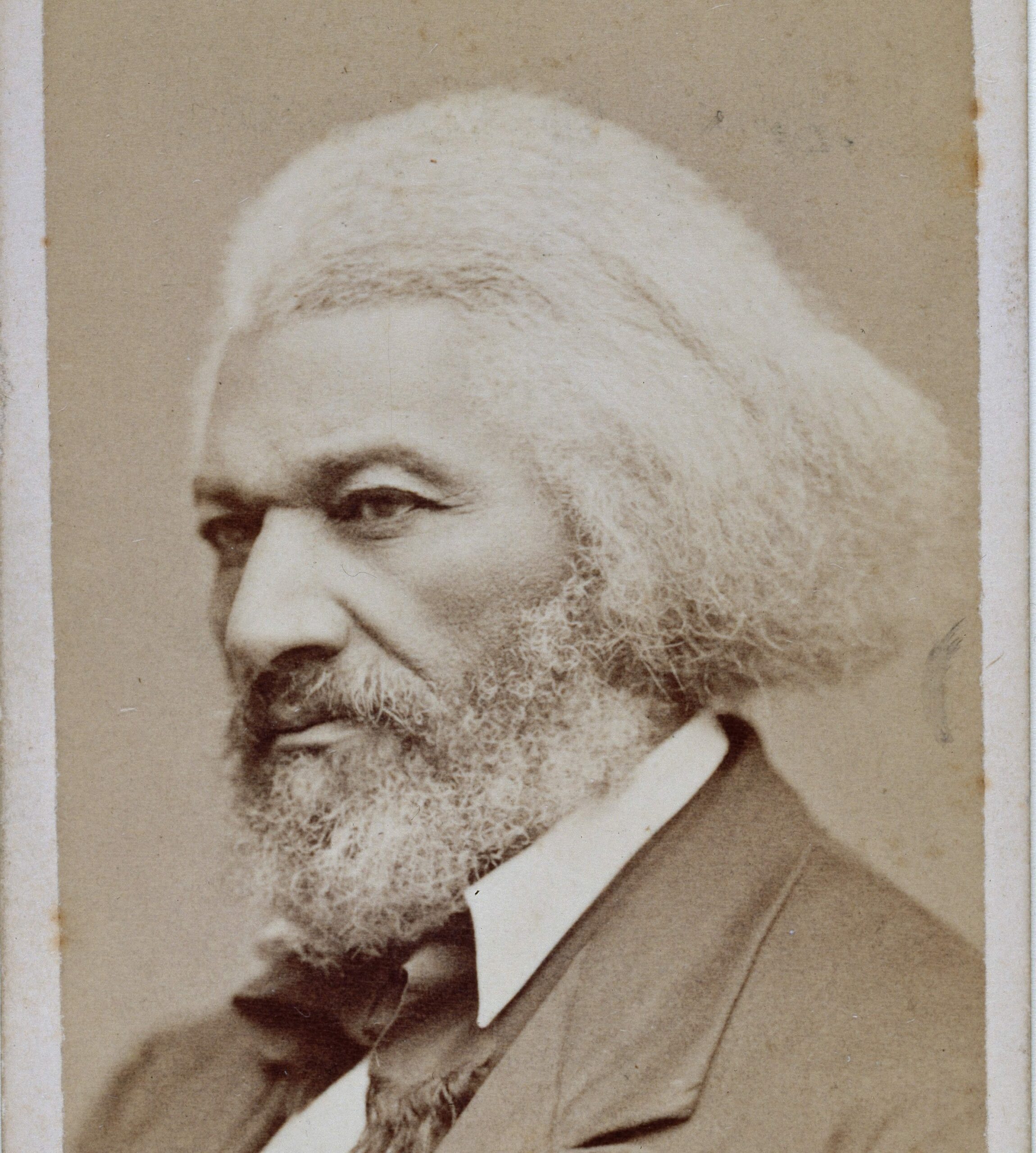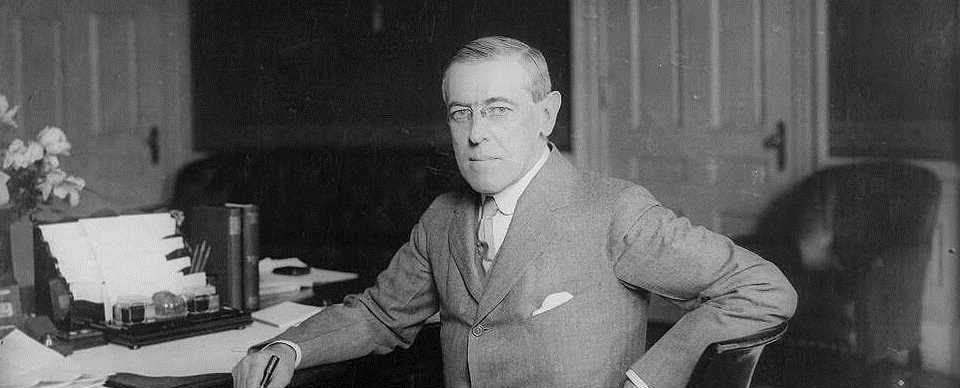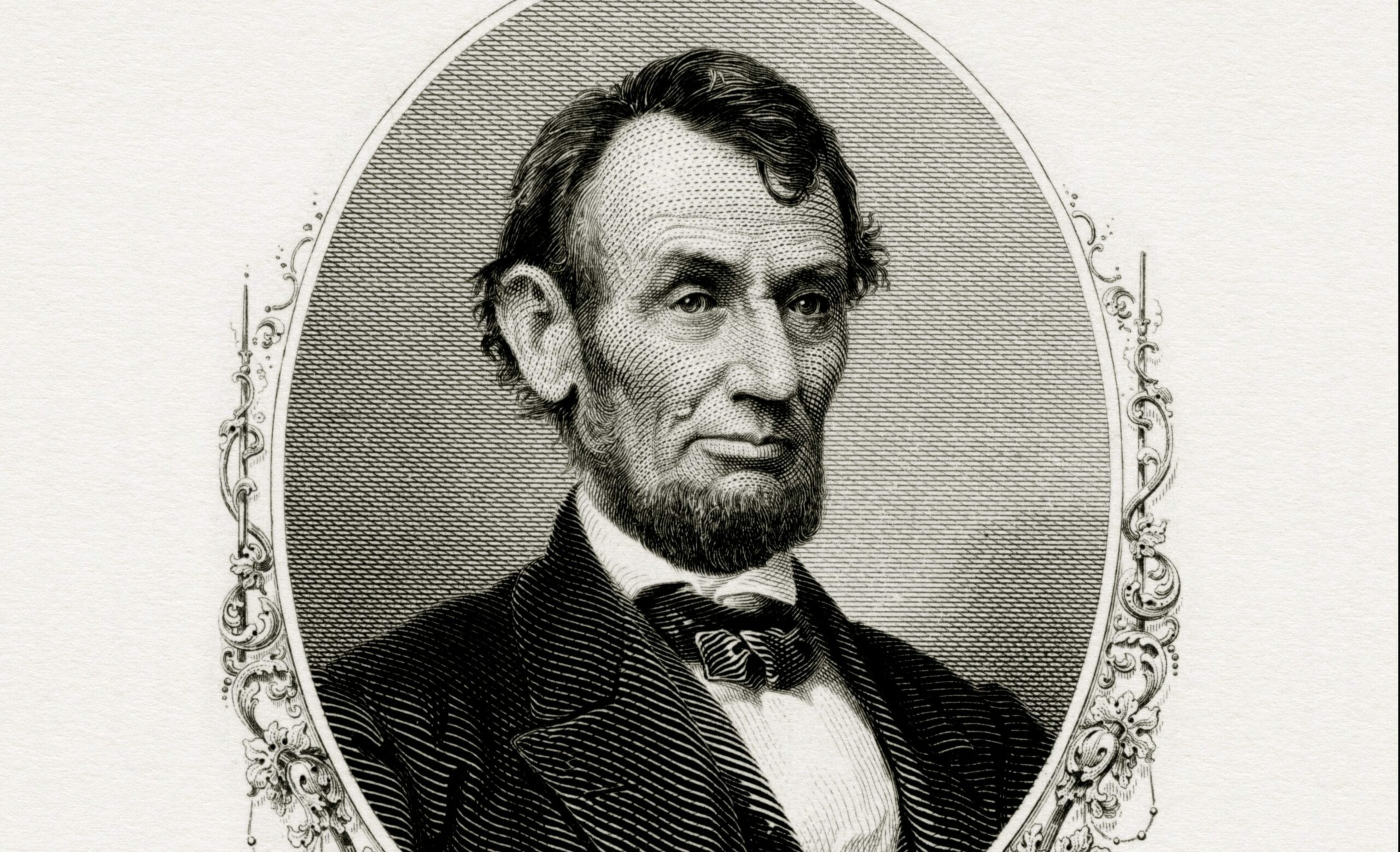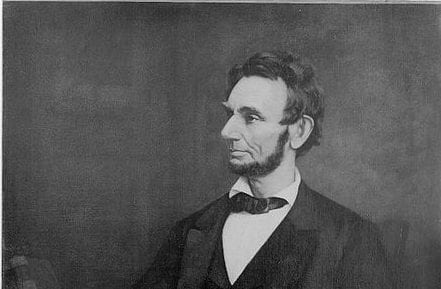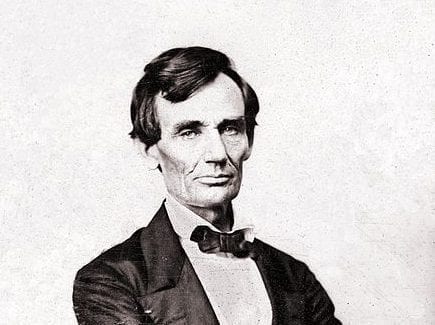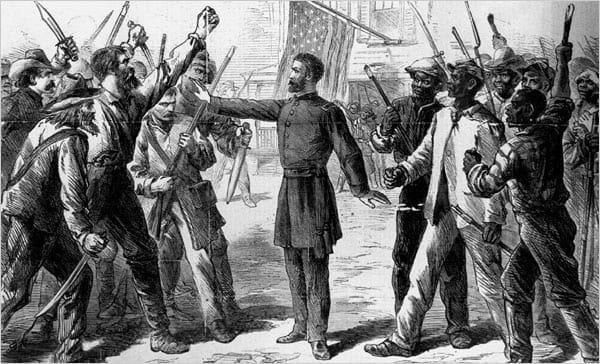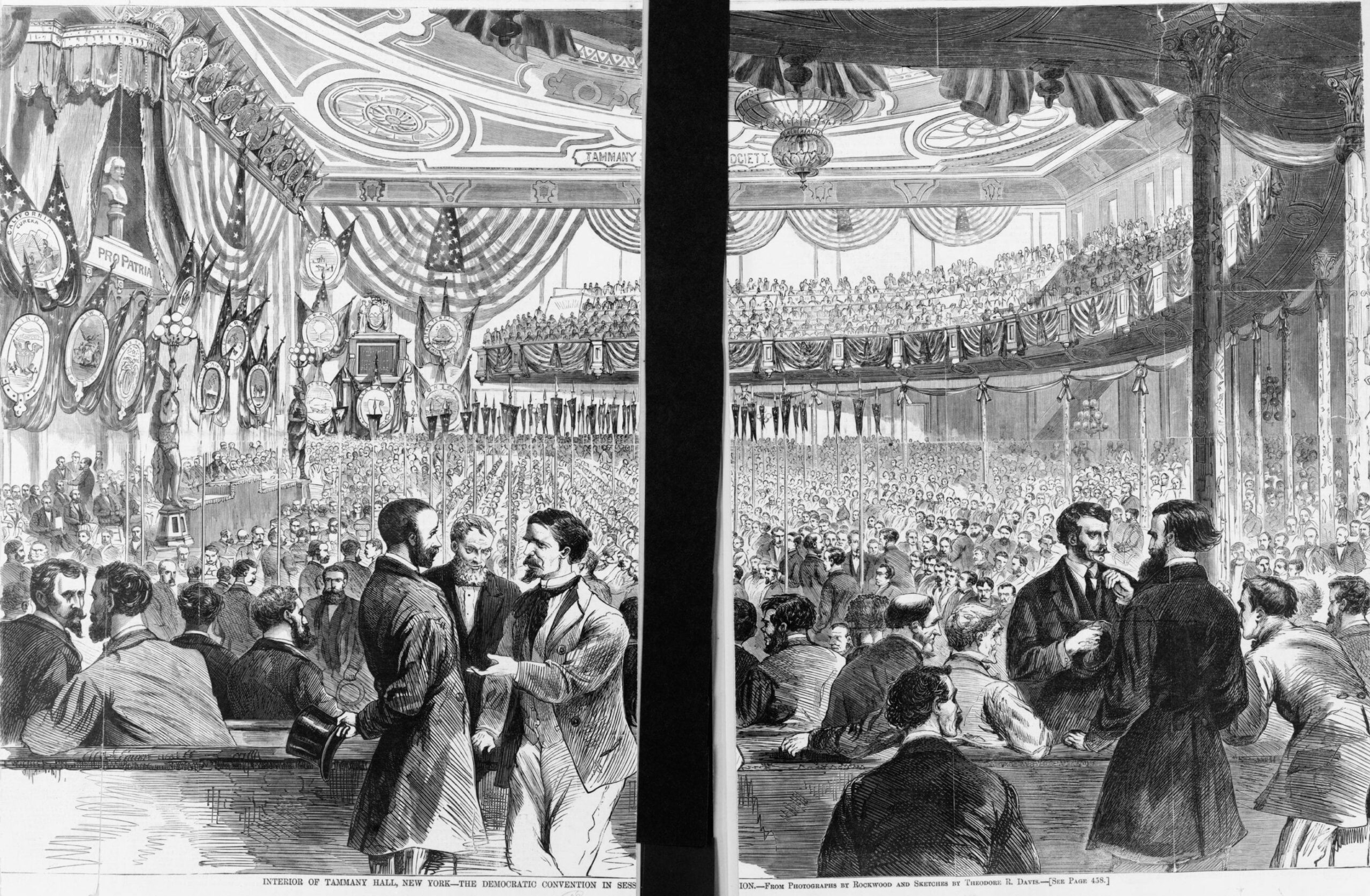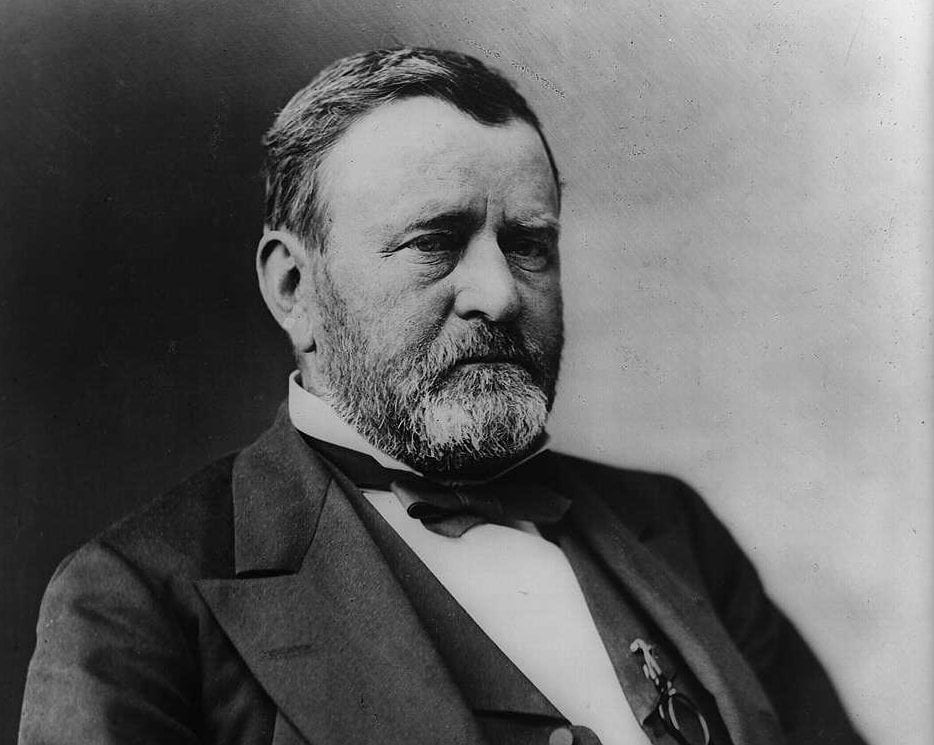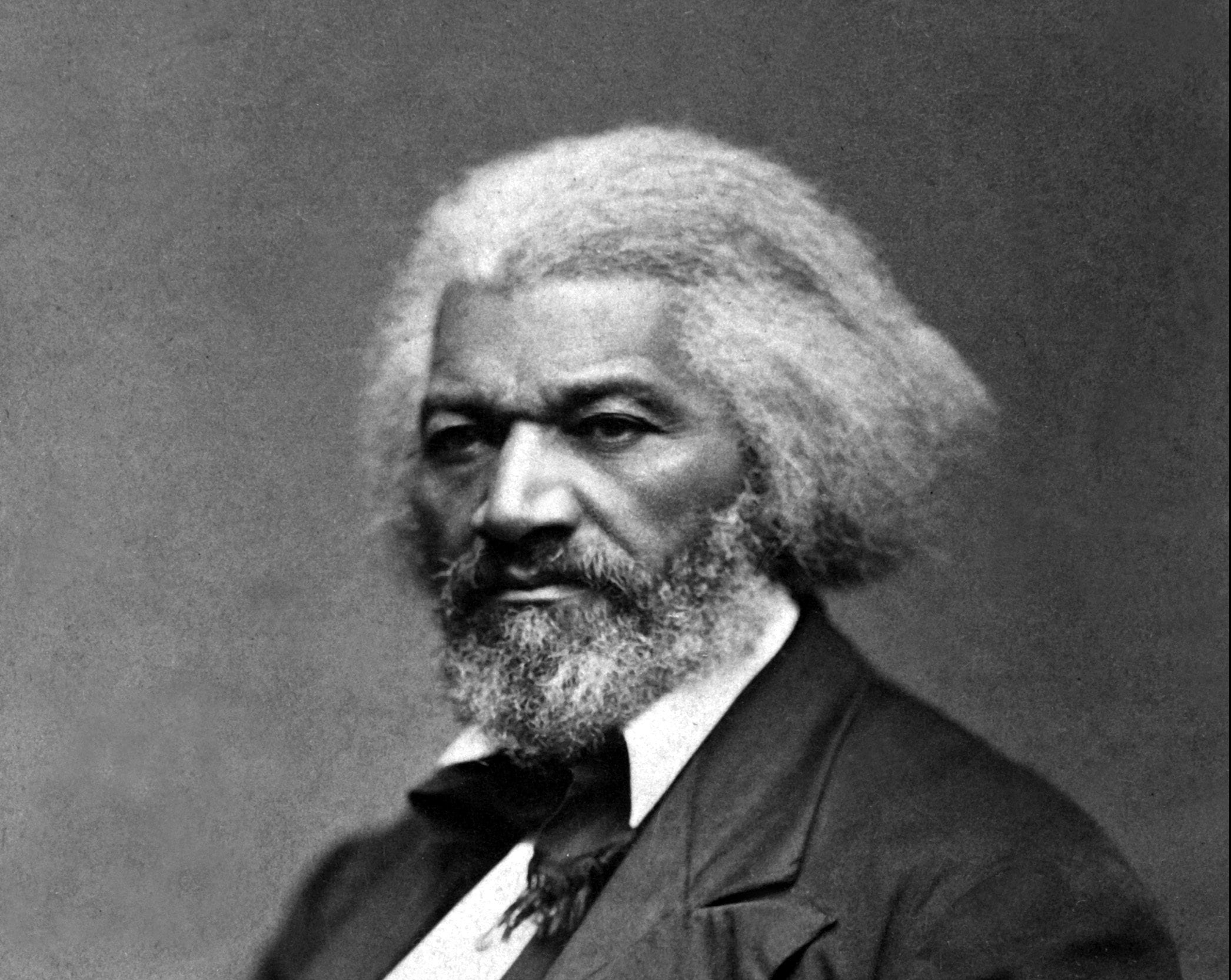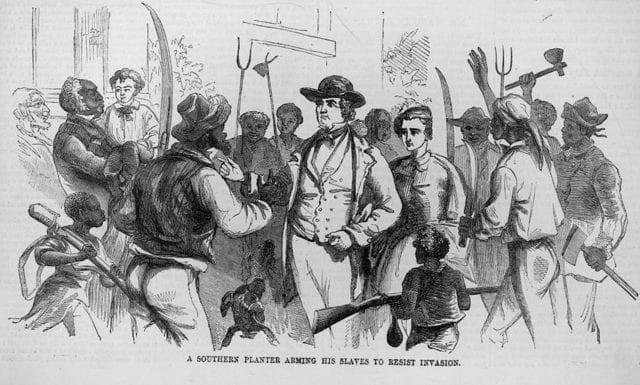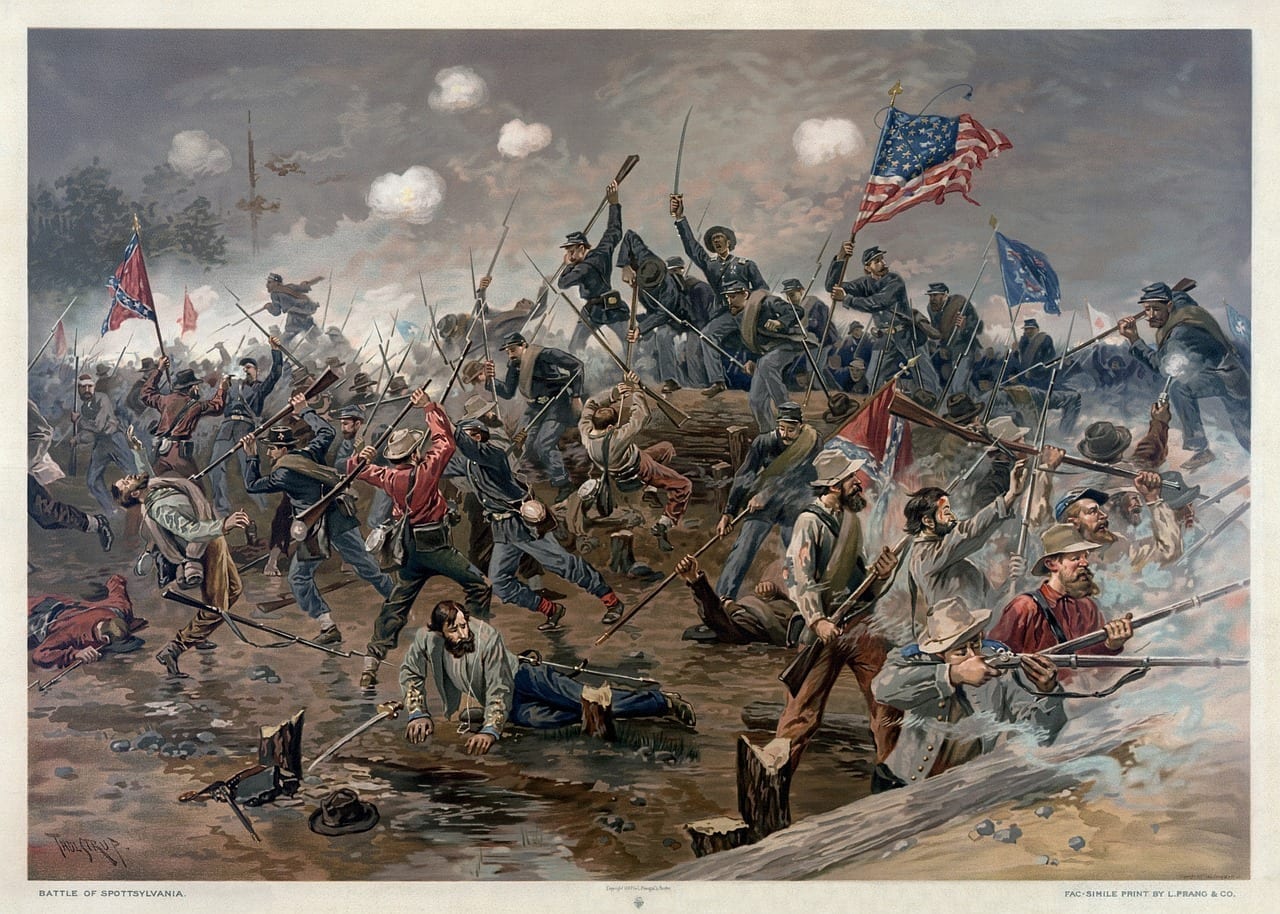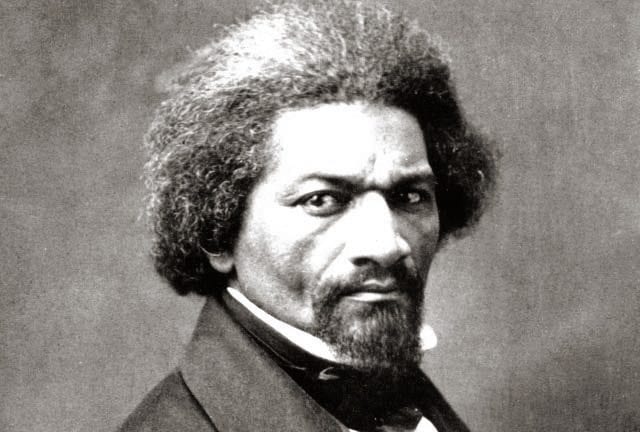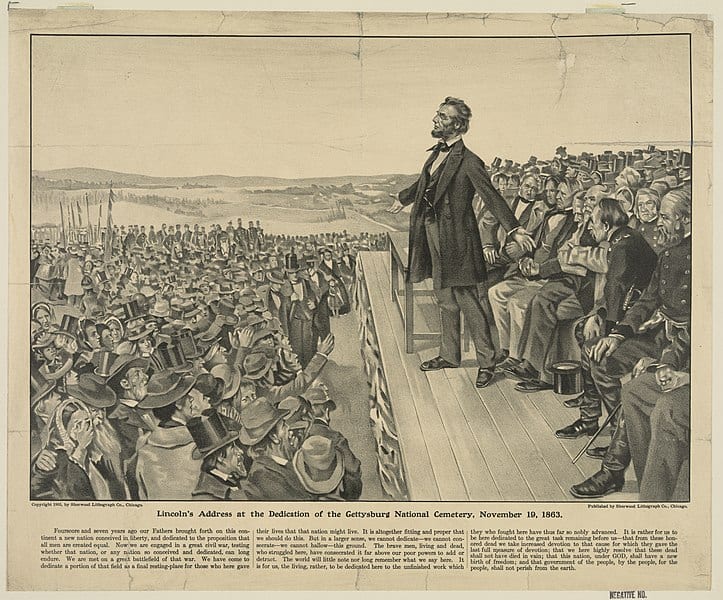Introduction
After the Confederate attack on Fort Sumter, Lincoln took measures aimed at a military response including calling forth militia, blockading Confederate ports, and adding to the Army and Navy. Lincoln also authorized the suspension of habeas corpus in Maryland along train lines connecting Washington to Philadelphia. In Ex parte Merryman (1861), Chief Justice Roger Taney ruled in a circuit court that Lincoln lacked the power to suspend habeas corpus because the power could only be exercised by Congress. For Taney, the location of the Suspension Clause in Article One of the Constitution signified that the power was meant to be legislative not executive.
Lincoln called Congress into special session, and, in a special message, he reported his actions since the Sumter attack. In the passage below, Lincoln defends himself against Taney’s charge that he violated the Constitution. Lincoln makes two arguments, that the Constitution must have provided for occasions when Congress was out of session, and the president’s oath of office authorizes the president to violate one law in order to preserve all of the laws.
—Jeremy D. Bailey
Source: Abraham Lincoln, Abraham Lincoln papers: Series 1. General Correspondence. – 1916: Abraham Lincoln, May-June 1861 Message to Congress, July 4, 1861, Second Printed Draft, with Changes in Lincoln’s Hand. May, 1861. Library of Congress, Manuscript Division, https://goo.gl/JFmNqx.
Fellow-citizens of the Senate and House of Representatives:
. . . It is thus seen that the assault upon, and reduction of, Fort Sumter, was, in no sense, a matter of self defense on the part of the assailants. They well knew that the garrison in the Fort could, by no possibility, commit aggression upon them. They knew – they were expressly notified – that the giving of bread to the few brave and hungry men of the garrison, was all which would on that occasion be attempted, unless themselves, by resisting so much, should provoke more. They knew that this desired to keep the garrison in the Fort, not to assail them, but merely to maintain visible possession, and thus to preserve the Union from actual, and immediate dissolution – trusting, as herein-before stated, to time, discussion, and the ballot-box, for final adjustment; and they assailed, and reduced the Fort, for precisely the reverse object – to drive out the visible authority of the Federal Union, and thus force it to immediate dissolution.
That this was their object, the Executive well understood; and having said to them in the inaugural address, “You can have no conflict without being yourselves the aggressors,” he took pains, not only to keep this declaration good, but also to keep the case so free from the power of ingenious sophistry, as that the world should not be able to misunderstand it. By the affair at Fort Sumter, with its surrounding circumstances, that point was reached. Then, and thereby, the assailants of the government, began the conflict of arms, without a gun in sight, or in expectancy, to return their fire, save only the few in the Fort, sent to the harbor, years before, for their own protection and still ready to give that protection, in whatever was lawful. In this act, discarding all else, they have forced upon the country, the distinct issue: “immediate dissolution, or blood.”
And this issue embraces more than the fate of these United States. It presents to the whole family of man, the question, whether a constitutional republic, or a democracy – a government of the people, by the same people – can, or cannot, maintain its territorial integrity, against its own domestic foes. It presents the question, whether discontented individuals, too few in numbers to control administration, according to organic law, in any case, can always, upon the pretense made in this case, or on any other pretenses, or arbitrarily, without any pretense, break up their government, and thus practically put an end to free government upon the earth. It forces us to ask: “Is there, in all republics, this inherent, and fatal weakness?” “Must a government, of necessity, be too strong for the liberties of its own people, or too weak to maintain its own existence?”
So viewing the issue, no choice was left but to call out the war power of the government; and so to resist force, employed for its destruction, by force, for its preservation. . . .
Soon after the first call for militia, it was considered a duty to authorize the Commanding General, in proper cases, according to his discretion, to suspend the privilege of the writ of habeas corpus; or, in other words, to arrest, and detain, without resort to the ordinary processes and forms of law, such individuals as he might deem dangerous to the public safety. This authority has purposely been exercised but very sparingly. Nevertheless, the legality and propriety of what has been done under it, are questioned; and the attention of the country has been called to the proposition that one who is sworn to “take care that the laws be faithfully executed,” should not himself violate them. Of course, some consideration was given to the questions of power, and propriety, before this matter was acted upon. The whole of the laws which required to be faithfully executed, were being resisted, and failing of execution, in nearly one-third of the States. Must they be allowed to finally fail of execution, even had it been perfectly clear, that by the use of the means necessary to their execution, some single law, made in such extreme tenderness of the citizen’s liberty, that practically, it relieves more of the guilty, than of the innocent, should, to a very limited extent, be violated? To state the question more directly, are all the laws, but one, to go unexecuted, and the government itself go to pieces, lest that one be violated? Even in such a case, would not the official oath be broken, if the government should be overthrown, when it was believed that disregarding the single law, would tend to preserve it? But it was not believed that this question was presented. It was not believed that any law was violated. The provision of the Constitution that “The privilege of the writ of habeas corpus, shall not be suspended unless when, in cases of rebellion or invasion, the public safety may require it,” is equivalent to a provision – is a provision – that such privilege may be suspended when, in cases of rebellion, or in invasion, the public safety does require it. It was decided that we have a case of rebellion, and that the public safety does require a qualified suspension of the privilege of the writ which was authorized to be made. Now it is insisted that Congress, and not the Executive, is vested with this power. But the Constitution itself, is silent as to which, or who, is to exercise the power; and as the provision was plainly made for a dangerous emergency, it cannot be believed the framers of the instrument intended, that in every case, the danger should run its course, until Congress could be called together; the very assembling of which might be prevented, as was intended in this case, by the rebellion.
No more extended argument is now offered; as an option, at some length will probably be presented by the Attorney General. Whether there shall be any legislation upon the subject, and if any, what, is submitted entirely to the better judgement of Congress. . . .


